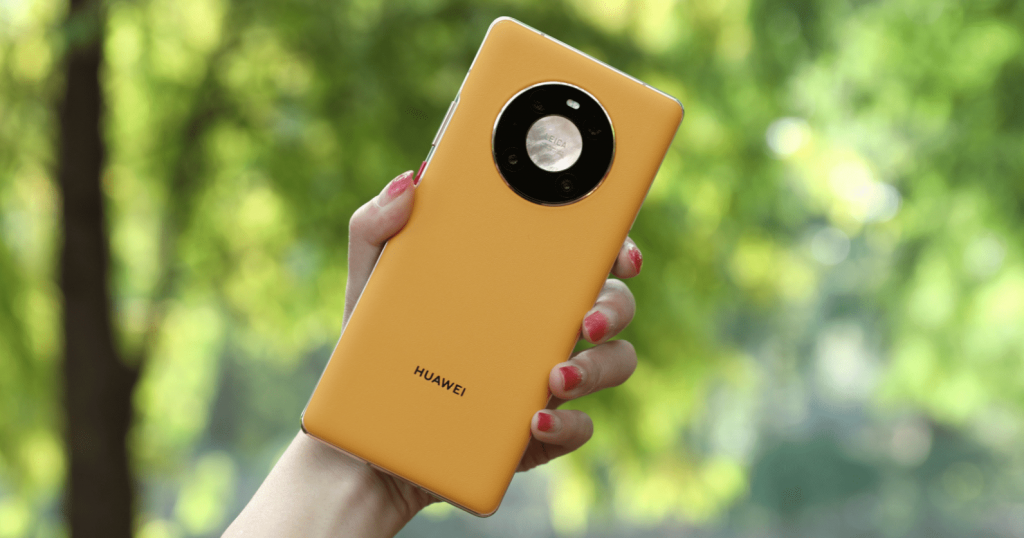
Huawei today unveiled its latest flagships, the Mate 40 Pro and Pro+. The phones pack a massive ring-shaped camera array with multiple lenses, and their Kirin 9000 processor makes them just the second family of smartphones to use a 5-nanometer process, after Apple’s iPhone 12 family.
The circular camera array lends the phone a unique aesthetic that doesn’t look like anything else out there. On the rear, anyway — on the front, the Pro+ features a 6.8-inch display, while the regular pro has a 6.5-inch one, both capable of 90Hz refresh rates.
Processor aside, the phone’s promise high performance with 8 GB of RAM and a 128GB SSD on the Pro; the Pro+ gets 12 GB of RAM. Both are capable of 66W charging — up to 50W wirelessly — allowing you to top up the 4,400 mAh battery quickly (curiously, both phones have the same battery size).
The camera specs are, in typical Huawei fashion, beastly. The Pro+ has a 50-megapixel primary camera, a 20-megapixel ultrawide, a 12-megapixel 3x telephoto, and an 8-megapixel periscope camera with a 10x optical zoom. The last sensor is a time-of-flight camera meant to capture depth.
The regular Pro has nearly the same specs, but the periscope camera is only a 5x zoom, and there’s no ToF camera on the rear. Both cameras do have one on the front, however, which helps provide a depth effect to selfies.
It must suck to be a Huawei fan right now, at least in much of the western world. Though I don’t want to downplay national security concerns, tech fans have been missing out on hardware from one of the only companies that can go head to head with Apple and Samsung. The lack of Google apps makes it hard to get the most out of Android, although Huawei continues to build its own ecosystem, this time adding its own Petal Search and Maps.
If you’re somewhere you can buy the Mate 40 Pro and the lack of Google apps doesn’t phase you, the smaller model will retail for €1,199 while the Pro+ will cost €1,399.